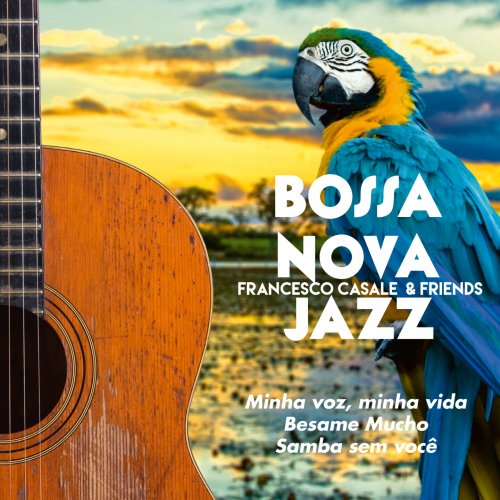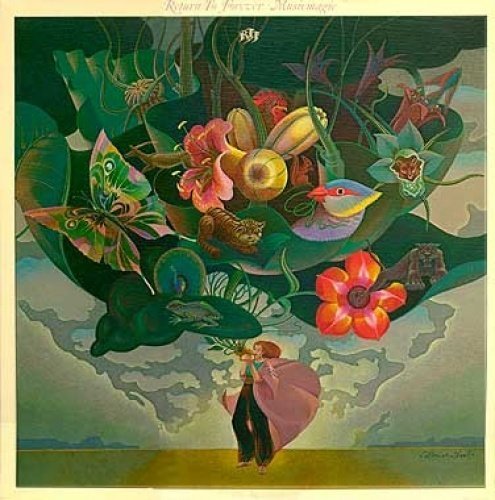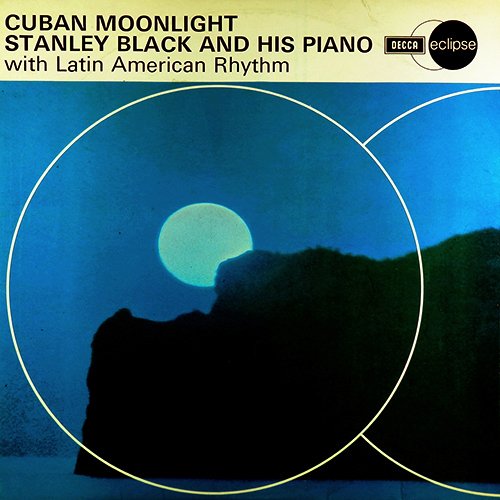Olivier Baumont – St. Petersburg Recital (2009)
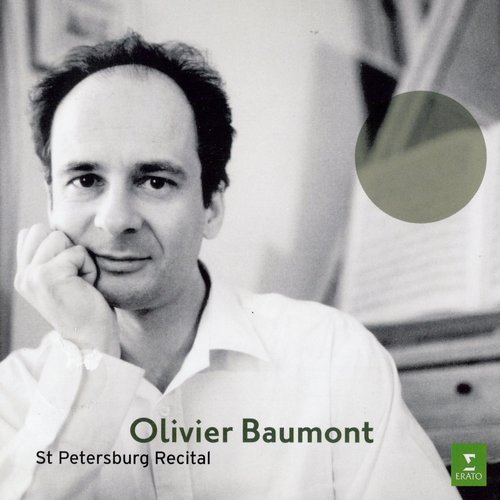
Artist: Olivier Baumont
Title: St. Petersburg Recital
Year Of Release: 2009
Label: Erato
Genre: Classical
Quality: FLAC (image+.cue,log,scans)
Total Time: 53:30
Total Size: 346 Mb
WebSite: Album Preview
Tracklist: Title: St. Petersburg Recital
Year Of Release: 2009
Label: Erato
Genre: Classical
Quality: FLAC (image+.cue,log,scans)
Total Time: 53:30
Total Size: 346 Mb
WebSite: Album Preview
01. Bortniansky: Concerto in D major - Allegro maestoso
02. Manfredini: Sonata No. 3 in D minor - Larghetto
03. Manfredini: Sonata No. 3 in D minor - Allegro spirituoso
04. Manfredini: Sonata No. 3 in D minor - Minue & trio
05. Bortniansky: Sonata in F major - Allegro
06. Bortniansky: Sonata in B flat major - Allegro moderato
07. Paisiello: Preludio & rondo in E flat major - Preludio
08. Paisiello: Preludio & rondo in E flat major - rondo
09. Paisiello: Sinfonia in E flat major (from "Alcide al bivio")
10. Gurilyov: Prelude in E flat minor - Andantino
11. Kozlovsky: Polonaise "Pozhaluite, sudarrynya" & trio in C minor
12. Gurilyov: Prelude in D major - Allegro assai
13. Anon.: 7 variations "Po vsei derevne Katenka Krasavitsei slyva" in D major - Andantino
14. Gurilyov: Prelude in C minor - Andantino - Allegro molto
15. Karaulov: 10 variations "Ty detinushka, sirotinushka" in C minor - Adagio ma non troppo (1787)
Performers:
Harpsichord - Olivier Baumont
Violin - Myriam Gevers (8)
Full marks to Olivier Baumont for enterprise! He has here sought out almost completely unknown harpsichord pieces by Russian and Russia-based composers (the instrument continued to be popular in Russia into the early nineteenth century) and recorded them on a Shudi/Broadwood of 1770, most appropriately, since it is known that Shudi shipped two of his harpsichords to Russia in 1772 and 1773. At the St Petersburg court, Italian influence was strong: Manfredini and, 20 years later, Paisiello were both in the service of Catherine the Great; Bortnyansky, a pupil of Galuppi (who had succeeded Manfredini there), had spent some time in Italy and adopted a purely Italian style. Of the pieces by these three composers (none of which is currently available on record), Manfredini’s three-movement Sonata has an attractively vivacious central Allegro, and the single-movement binary sonatas by Bortnyansky have impressive moments and are technically more showy, though containing rather too many conventional bass figurations (broken octaves and Alberti basses). Of greater structural, if not musical, interest is the latter’s Concerto which (like Bach’s infinitely greater Italian Concerto) suggests an interplay of solo and tutti, which is realized here thanks to the Shudi machine stop. Oddly to our ears, the violin in Paisiello’s Rondo merely provides an accompaniment to the dominating harpsichord: his opera sinfonia is to a work performed at the Hermitage a year before his Serva padrona and two years before his Barber of Seville.
As far as character is concerned, however, all this music is put into the shade by the purely Russian pieces. Two of the present preludes by Gurilyov (published in 1810) are striking, and the three larger works, all based on native folk-songs, presuppose – particularly the variation sets – a high level of virtuosity among Russian harpsichordists. This, of course, poses no problem for Baumont, for whose spirited championship of this rare repertoire we should be most grateful. A revelatory disc. -- Lionel Salter
As far as character is concerned, however, all this music is put into the shade by the purely Russian pieces. Two of the present preludes by Gurilyov (published in 1810) are striking, and the three larger works, all based on native folk-songs, presuppose – particularly the variation sets – a high level of virtuosity among Russian harpsichordists. This, of course, poses no problem for Baumont, for whose spirited championship of this rare repertoire we should be most grateful. A revelatory disc. -- Lionel Salter
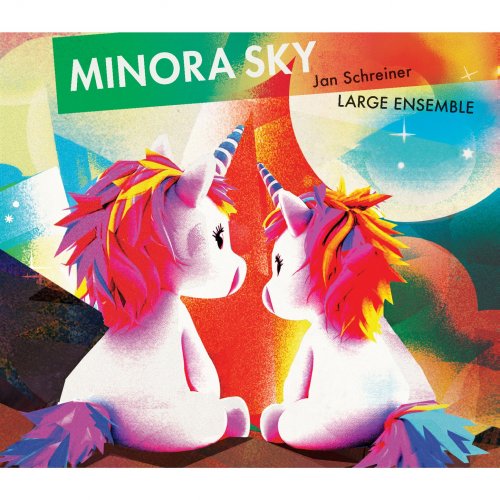
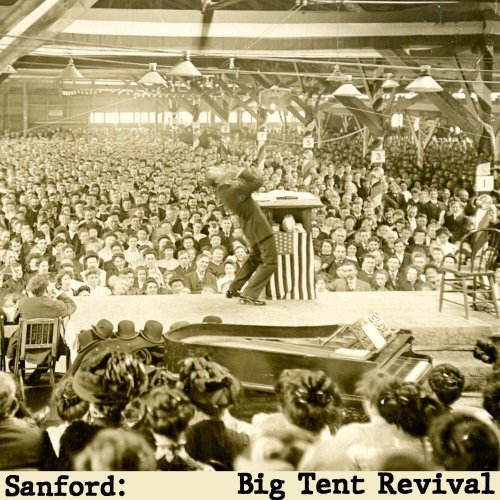
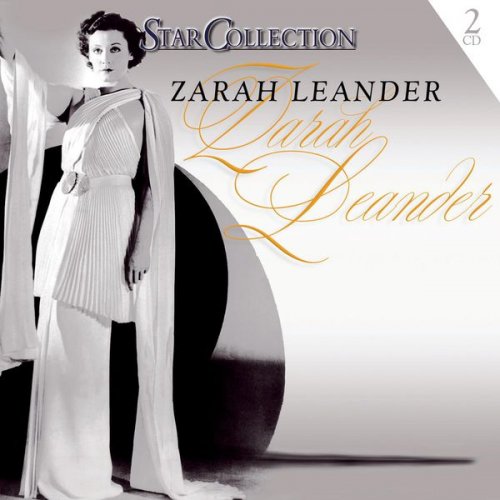
![Larry Coryell - Major Jazz Minor Blues (1998) [CDRip] Larry Coryell - Major Jazz Minor Blues (1998) [CDRip]](https://www.dibpic.com/uploads/posts/2026-02/1771860317_5.jpg)
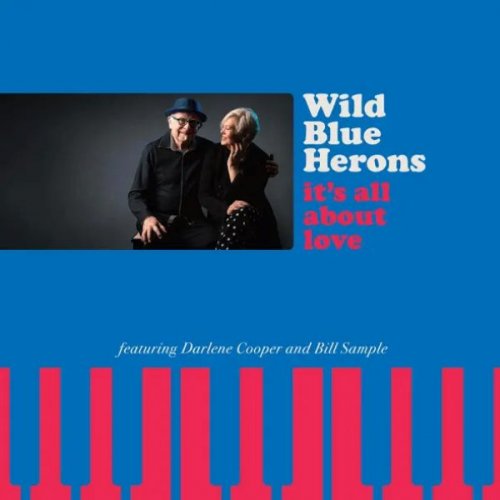
![Ex Novo Ensemble - Claudio Ambrosini: Chamber Music (2020) [Hi-Res] Ex Novo Ensemble - Claudio Ambrosini: Chamber Music (2020) [Hi-Res]](https://img.israbox.com/img/2026-02/22/z541qb9ul4q390uxlw1d9iak3.jpg)
